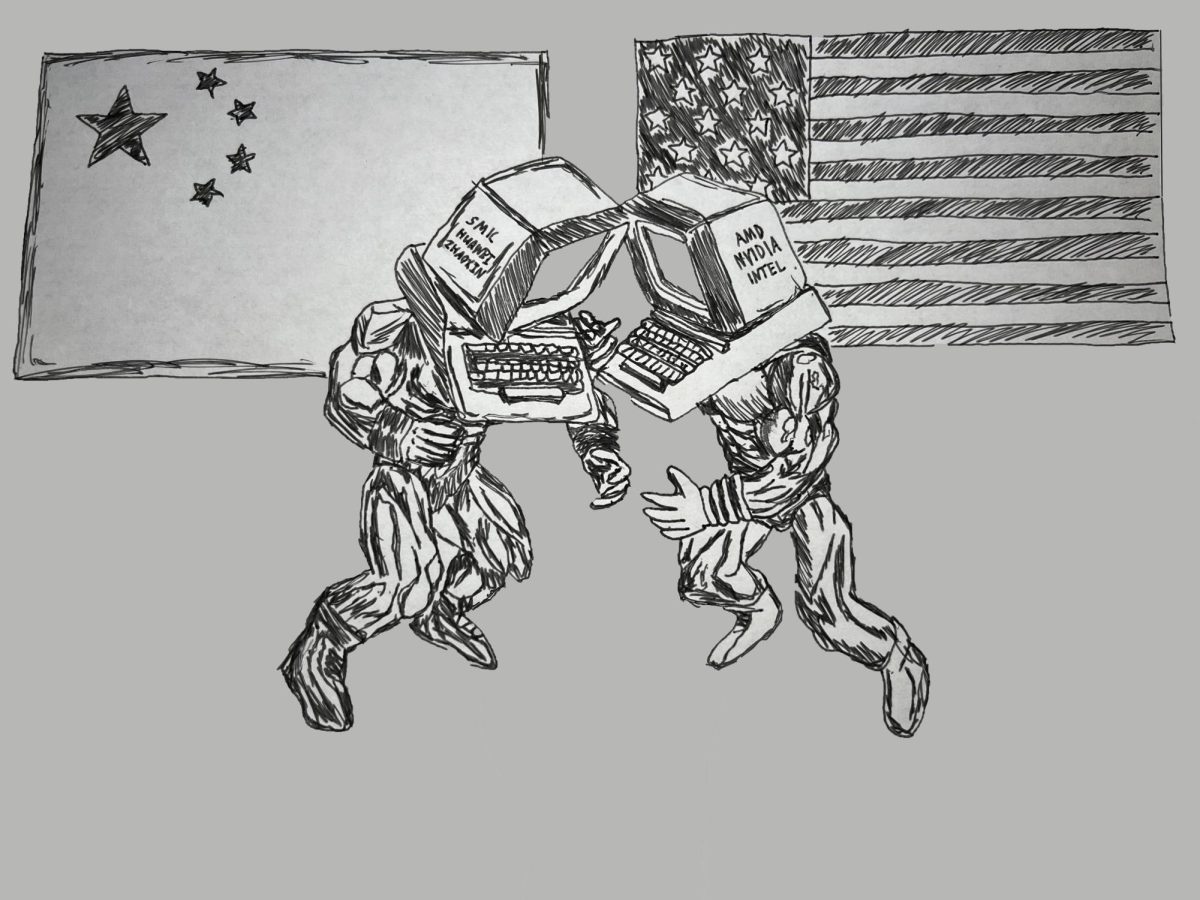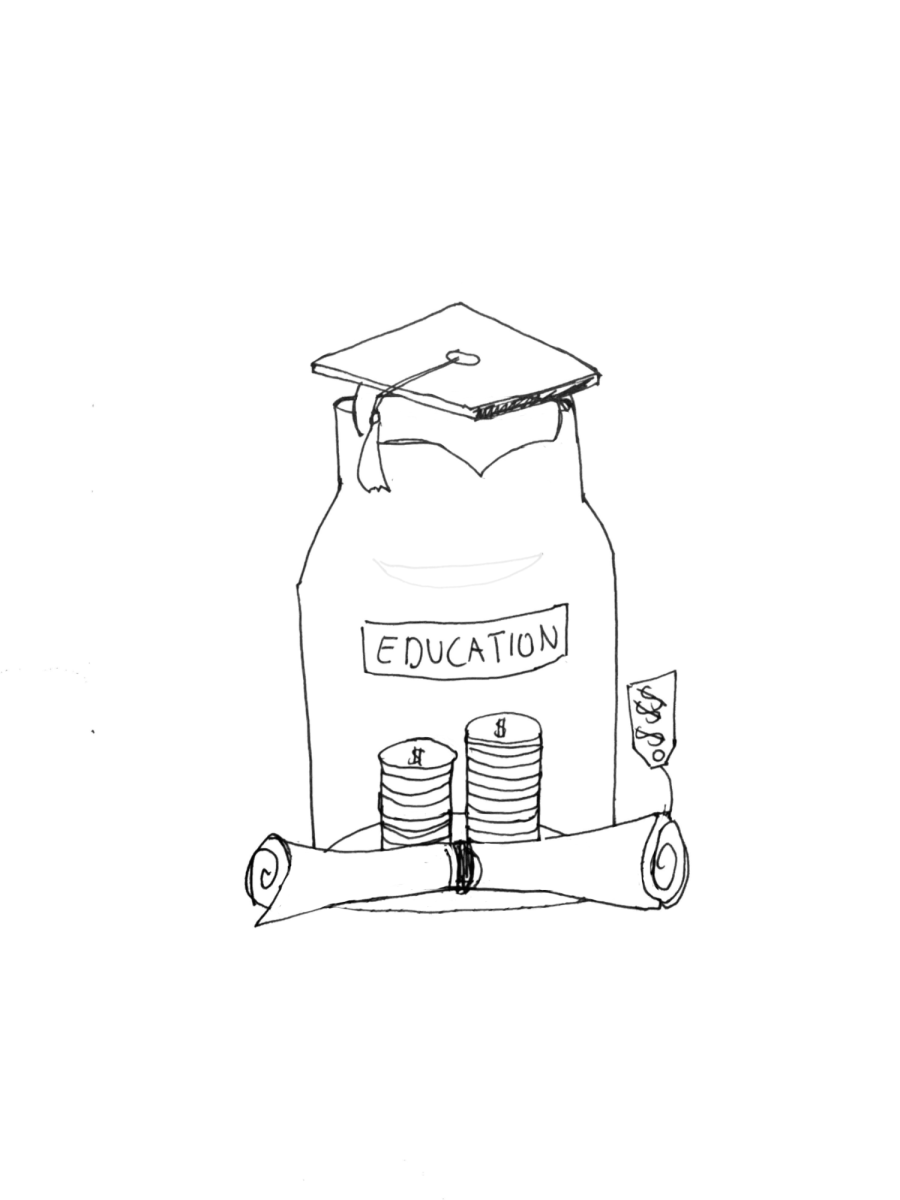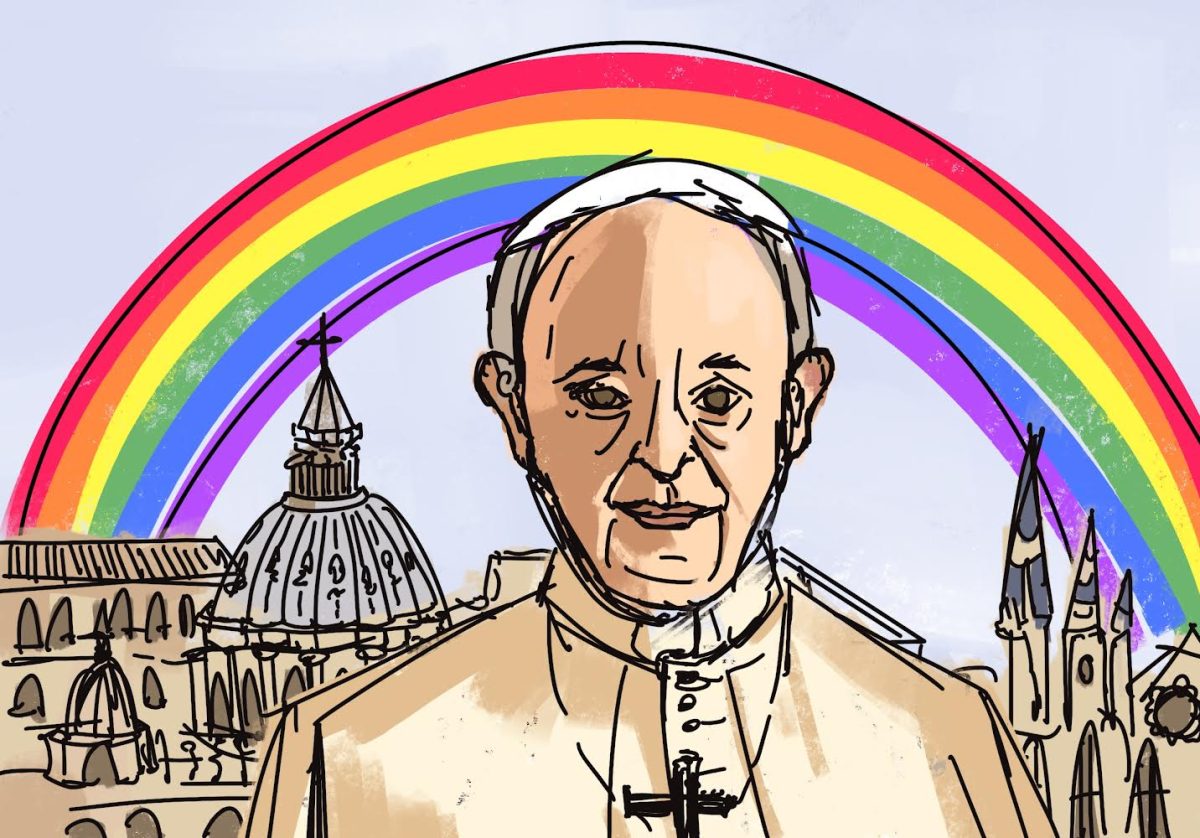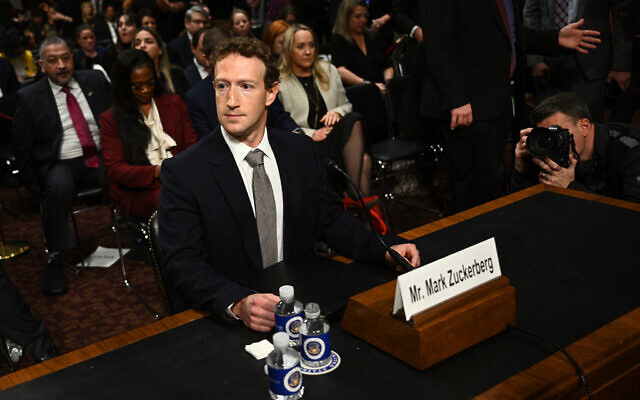Following the unexpected cancellation of Tucker Carlson’s primetime slot on Fox News in 2023, it was widely assumed that the onetime darling of conservative media would retreat into the shadows of journalism, consoled only by whatever friends he made in the populist universe of culture war rancor. Initially, this seemed to be the case—the range of guests on his independent Tucker Carlson Network (TCN) was fairly limited, ranging from softball interviews with former President Donald Trump to downright outlandish conversations with fringe conspiracists. Mainstream pundits struggled to hide their gleeful schadenfreude at the firebrand’s demise.
After months of flailing, Carlson seems to have regained his footing and temporarily staved off the much-feared abyss of irrelevancy. His recent interview with Russian President Vladimir Putin—the first interaction between Putin and Western media since his invasion of Ukraine began—has offered a rare glimpse into the leader’s thought process.
However, while Carlson impressively (and perhaps courageously?) treaded further into the Kremlin’s walls than his peers, the interview was, in many ways, a missed opportunity for the clash between factual and ideological narratives. Even Putin noticed Carlson’s largely passive approach to the conversation, stating to Russian media that he had sought a confrontational debate and “didn’t get complete satisfaction from this interview.”
The interview was characterized by winding geopolitical soliloquies from Putin, who, unchecked by Carlson, reached deep into the annals of history (beginning with the year 862) to provide his version of Eastern European civilization and legitimize his claim over Ukraine. His heavily skewed historiography has been panned for its predication upon dubious mythology, exclusion of certain key facts, and inconsistent definitions. Though Carlson failed to counter these, as a group of Washington Post journalists pointed out, the narrative does reveal a fundamental premise of Putin’s logic for the invasion. Earlier in the invasion, Putin claimed that he had acted out of necessity to prevent alleged NATO-led military action and protect Russian sovereignty. His historical manifesto, however, exposes his genuine belief that Russia is an aggrieved party by denying Ukraine’s right to statehood.
To some—like Carlson—Putin’s statements were an attempt to finally set the record straight and project his so-called “truth” to a Western audience that, in his eyes, has been influenced by a propagandist misrepresentation of realities, though the views that he espoused in the interview were precisely that. Yet, given the leader’s reputation for shrewd, manipulative tactics, it is hard to believe that he handpicked Carlson without an ulterior motive. Carlson, who has flirted with praising Putin on numerous occasions, still commands an expansive American viewership base. By feeding an audience (which, at worst, is lukewarm towards Putin) with an unfiltered barrage of ideologically charged falsifications, the interview was a strategic opportunity to stir sympathizers and play a role in influencing the American electorate.
The recent death of Russian opposition leader Alex Navalny (“No doubt . . . a consequence of something Putin and his thugs did,” according to President Joe Biden) is likely a result of Putin’s continued push to exert hegemony at all costs and crush those who undermine it.
Though Carlson merits recognition for the sheer achievement of the interview itself, his conduct—whether intentional or not—was disappointing and only further clouded an already contentious subject, rather than providing clarity.







